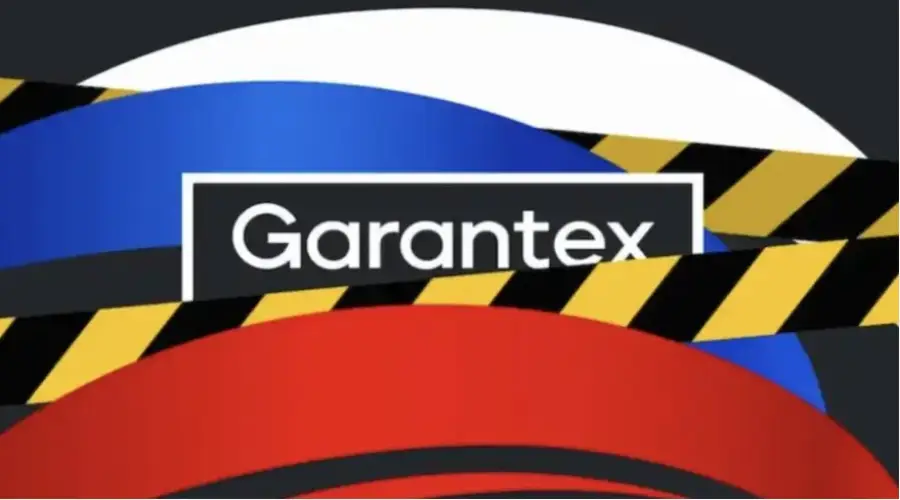The National Health Surveillance Agency (Anvisa) approved this Friday (1st) the sanitary registration for a new product for the treatment of multiple myelomaa rare cancer of plasma cells, a type of white blood cell that produces antibodies and is found in the bone marrow.
T cell-based gene therapy, called Carvykti (ciltacabtagen autoleucel)from Janssen-Cilag Farmacêutica, is indicated for the treatment of adult patients with recurrent multiple myeloma resistant to at least three previous therapies.
Patients with multiple myeloma experience out-of-control plasma cell proliferation, resulting in abnormal and immature cells in the bone marrow. When plasma cells become malignant (cancer), they no longer protect the body from infection and produce abnormal proteins that can cause problems affecting the kidneys, bones, or blood system.
According to Anvisa, a series of new drugs for the treatment of multiple myeloma have been approved in Brazil and in the world in recent years. However, therapeutic options are non-existent or limited for patients who have not responded to treatment with three classes of drugs (immunomodulatory agents, proteasome inhibitors, and monoclonal antibodies).
How does the new therapy work?
The patient’s T cells are collected at the specialized health facility and sent to a certified manufacturing center where they are genetically modified to include a new gene that contains a specific protein (a chimeric antigen receptor, or CAR) that directs these cells to target and kill cancer cells.
The process leads to the elimination of cancer cells, a treatment in a personalized way. The special drug produced on the basis of modified cells requires complex development and monitoring.
Anvisa’s assessment took into account the safety profile, stability studies in addition to risk monitoring and management.
Source: CNN Brasil







